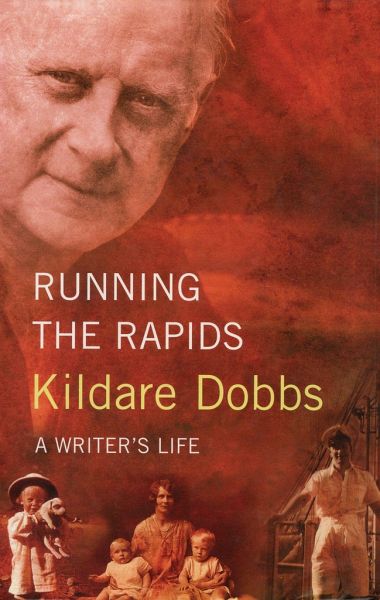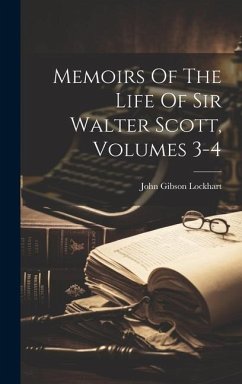Nicht lieferbar

Running the Rapids
A Writer's Life
"Memoirs don't recount lives - they would be very boring if they did - but pinpoint highlights, key moments, telling episodes. They chronicle what the author remembers or chooses to remember as the pivotal, critical, defining or amusing moments of his journey. That is why autobiographies are so revealing. Human lives are remarkably similar; it is what a person chooses to recall about his or her life that is different. Some chiefly remember hurts and failures; others recall mainly pleasures and triumphs. Few lives consist solely or even predominantly of lights or shadows - but many memoirs do. ...
"Memoirs don't recount lives - they would be very boring if they did - but pinpoint highlights, key moments, telling episodes. They chronicle what the author remembers or chooses to remember as the pivotal, critical, defining or amusing moments of his journey. That is why autobiographies are so revealing. Human lives are remarkably similar; it is what a person chooses to recall about his or her life that is different. Some chiefly remember hurts and failures; others recall mainly pleasures and triumphs. Few lives consist solely or even predominantly of lights or shadows - but many memoirs do. What Mr. Dobbs remembers is running the rapids. It makes his book a symphony of whirls and eddies, swift water and still water, depths and shallows. His structure is equally fluid: the memoir remembers things in a quasi- chronological order, but some episodes link up thematically more than temporally, and a few appear in sequential proximity simply because they seem to have occurred to Mr. Dobbs at the same time. It is said of such books that they might have benefited from more rigorous editing. In this case, no... It is one of the book's charms that it is something of an unmade bed: vague, haphazard, at times repetitious, at other times skimpy on basic information. In this, it resembles the author's persona - perhaps not in real life, but as it emerges from the story. Untidiness becomes Mr. Dobbs. Messiness fits in trace amounts; a gently meandering stream-of-consciousness strikes the right note. It is like being in the company of a quick-witted and acutely observant person who has just started wandering a bit; a fine raconteur, whose senior moments are barely beginning to register on thedodderscope." George Jonas, "The Literary Review of Canada," March 2006










